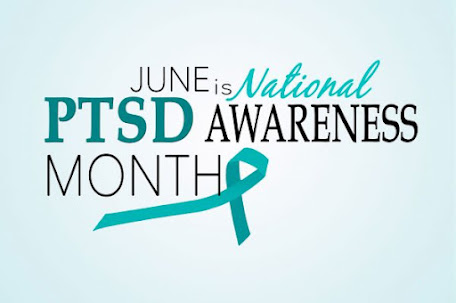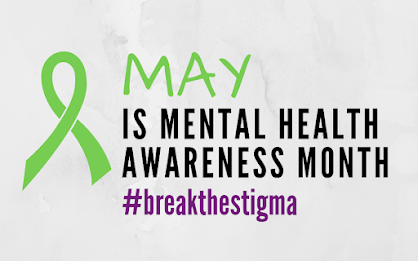PTSD AWARENESS MONTH Week No. 3 (6.19.23)
PTSD Forms of Treatments
When you have PTSD, it might feel like you'll never get your life back. But it can be treated. Short- and long-term psychotherapy and medications can work very well. Often, the two kinds of treatment are more effective together.
Therapy
PTSD therapy has three main goals:
• Improve your symptoms.
• Teach you skills to deal with the disorder.
• Restore your self-esteem.
Most PTSD therapies fall under the umbrella of cognitive behavioral therapy (CBT). The idea is to change the thought patterns that are disturbing your life. This might happen through talking about your trauma or concentrating on where your fears come from.
Depending on your situation, group or family therapy might be a good choice for you instead of individual sessions. Here are some examples of PTSD therapy.
• Cognitive Processing Therapy
• Prolonged Exposure Therapy
• Eye Movement Desensitization and Reprocessing
• Stress Inoculation Training
Medications
The brains of people with PTSD process "threat" differently, in part because the balance of chemicals called neurotransmitters is out of whack. They have an easily triggered "fight or flight" response, which is what makes you jumpy and on-edge. Constantly trying to shut that down could lead to feeling emotionally cold and removed.
Medications help you stop thinking about and reacting to what happened, including having nightmares and flashbacks. They can also help you have a more positive outlook on life and feel more "normal" again.
Several types of drugs affect the chemistry in your brain related to fear and anxiety. Doctors will usually start with medications that affect the neurotransmitters serotonin or norepinephrine (SSRIs and SNRIs), including:
• Fluoxetine (Prozac)
• Paroxetine (Paxil)
• Sertraline (Zoloft)
• Venlafaxine (Effexor)
The FDA has approved only paroxetine and sertraline for treating PTSD.
Because people respond differently to medications, and not everyone's PTSD is the same, your doctor may prescribe other medicines "off label," too. (That means the manufacturer didn't ask the FDA to review studies of the drug showing that it's effective specifically for PTSD.) These may include:
• Antidepressants
• Monoamine oxidase inhibitors (MAOIs)
• Antipsychotics or second-generation antipsychotics (SGAs)
• Beta-blockers
• Benzodiazepine





Comments
Post a Comment